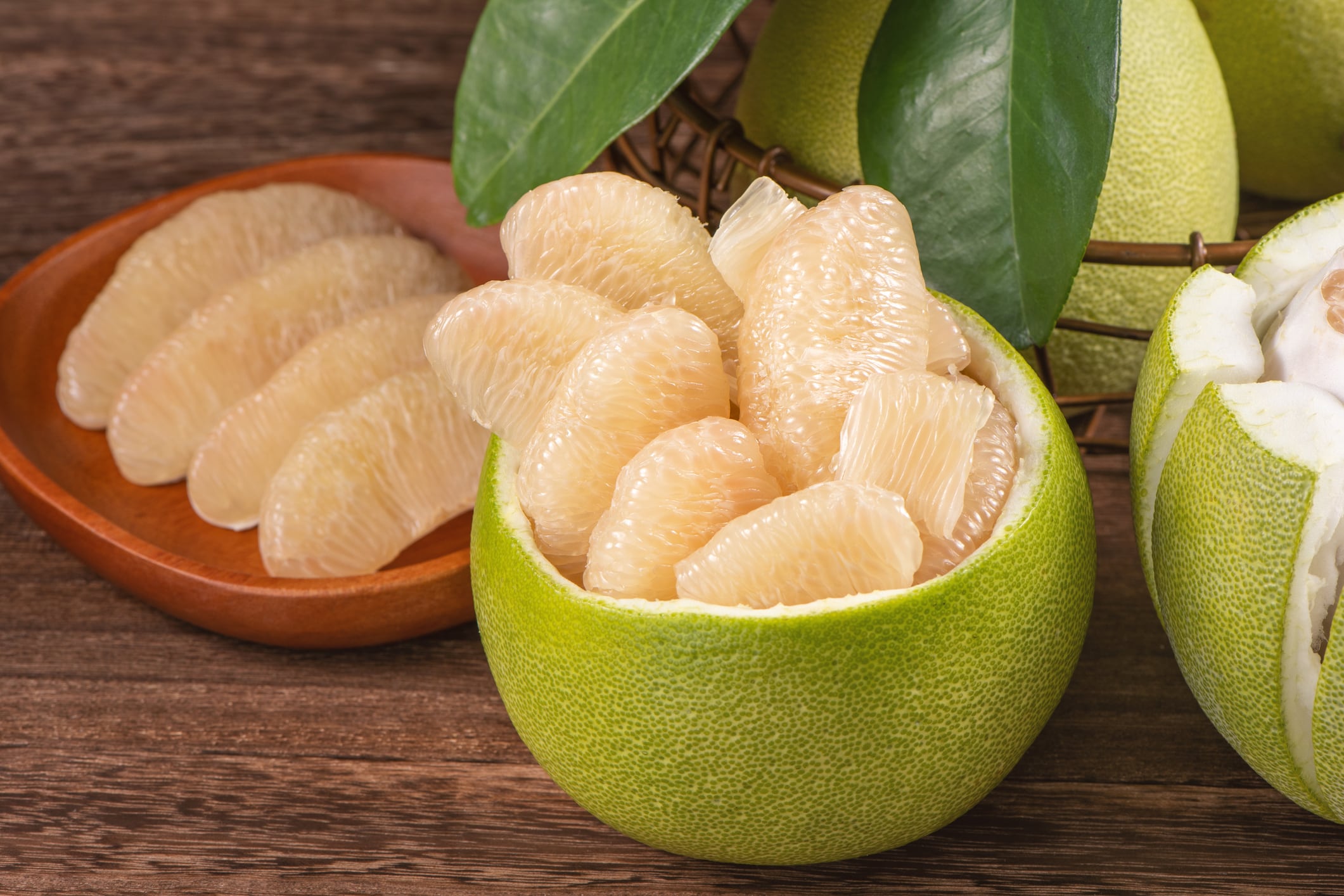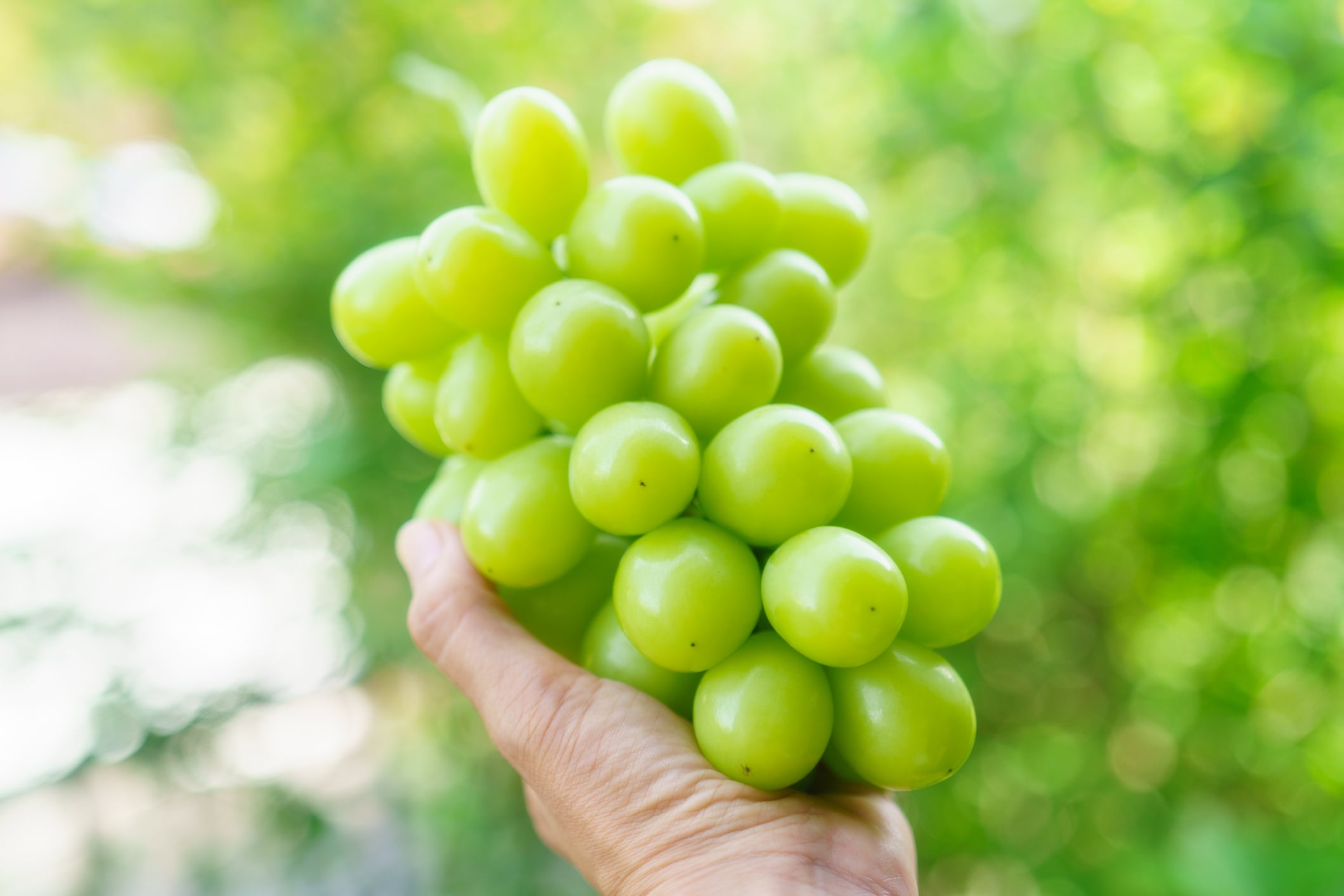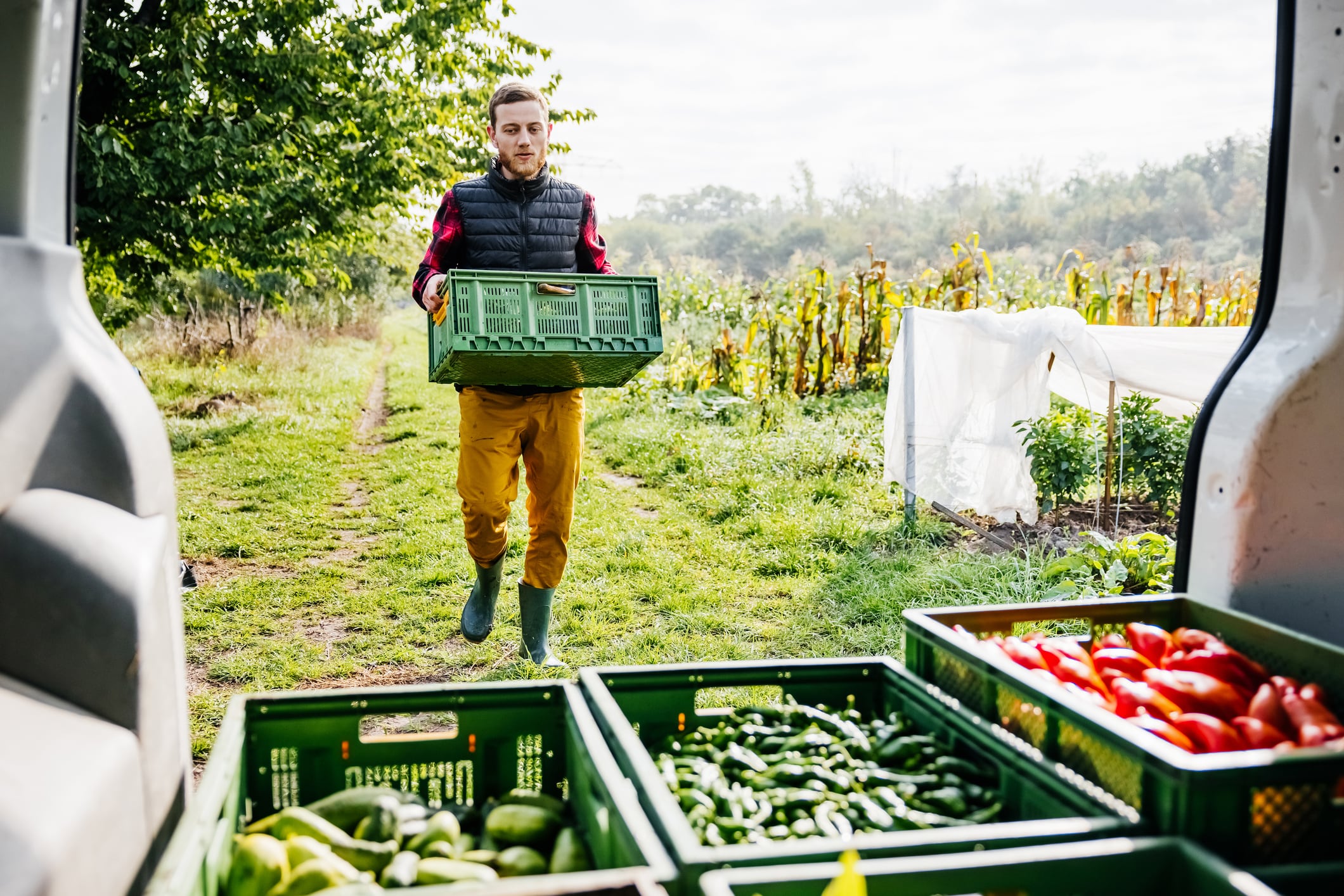Vietnamese farmers highlighted the importance of expanding export markets for its agricultural products, during the 10th National Farmers’ Forum held on October 1.
In particular, farmers see strong potential for pomelo and avocado exports to China, where the country has had a lot of success exporting its durians.
So far, Vietnam’s ambitions to expand the exports of its high-value produce has been hindered by China’s stringent approval processes.
With support from the Minister of Agriculture and Environment (MAE), Vietnam is expected to begin shipments of pomelo and avocado to China in early 2026.
According to the deputy minister of MAE, Tran Thanh Nam, China has completed its field assessments, and a protocol on pomelo and avocado exports was being finalised, with completion expected within months to send the first shipments off early next year.
“China’s approval process is strict, with only one or two fruits approved annually. Pomelos will be prioritised first, followed by avocados,” Nam said.
He added that Minister of Industry and Trade Nguyen Hong Dien urged officials to fast-track paperwork and deliver an official letter to China’s Minister of Commerce by the end of this month to hasten the approval.
Export opportunities
Vietnam has in the past relied on key exports such as bananas. While banana exports have remained strong with an annual growth rate of 10 to 15 per cent, with export values expected to reach USD25m this year.
However, it recognises the need to diversify its portfolio in terms of produce and market as it is at the whim of policy changes and technical obstacles.
This volatility has underscored the need for Vietnam to step out of its comfort zones to secure its future growth and its position as a global food supplier.
Furthermore, it is facing pressure to improve the green credentials of its products as markets such as the EU continue to tighten their food standards.
Vietnam is working with Australian Centre for International Agricultural Research (ACIAR) on a project, which aims to help farmers access the premium markets and enhance the position of Vietnamese fruit in global value chain.
The forum also highlighted opportunities in the halal food market, allowing Vietnam to tap into a U$200 billion market with 2.2 billion consumers.
Vo Quan Huy, director of Huy Long An Co and one of Vietnam’s most successful farmers with more than 1,000 hectares of agricultural land, urged the government to introduce policies that support faster market entry.
This included the development of agro-processing industries close to raw-material producing regions to ease seasonal pressures and boost exports.
According to Vu Ba Phu, Director of the Vietnam Trade Promotion Agency, Vietnam is drafting a halal export development plan through to 2030 and has long-term goals stretching to 2045.





